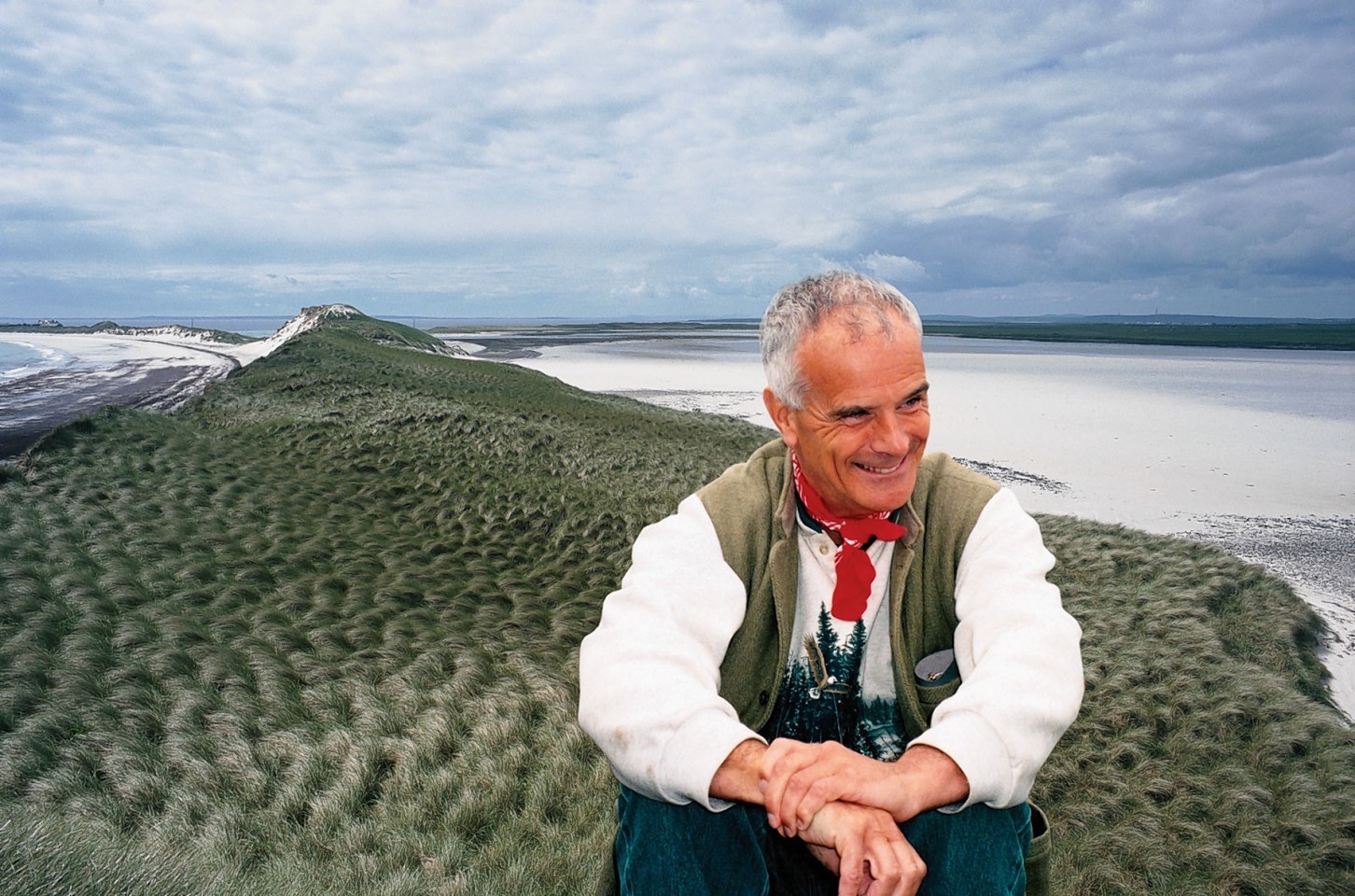Celebrated composer Sir Peter Maxwell Davies left a fortune of more than £400,000 in his will, it has emerged.
The former Master of the Queen’s Music died in March last year aged 81 after a long battle with leukaemia.
Known to his friends as Max, Sir Peter composed more than 300 works in his career, including symphonies and operas.
He was knighted in 1987 and became Master of the Queen’s Music in 2004, the musical equivalent of the Poet Laureate.
He had lived on the island of Sanday on Orkney for many years and left instructions that he wished to be buried there.
His recently published will revealed he had an estate valued at £404,163 at the time of his death.
His wealth included his £135,000 home on Orkney, a £105,000 life insurance policy and £100,000 in royalty payments.
He also had musical manuscripts valued at £20,000, almost £39,000 held in a bank account and £5,000 worth of household contents.
Sir Peter gifted the bulk of his estate to his partner Tim Morrison but left instructions to ensure his musical legacy lived on.
He donated all his manuscripts and other musical documents to the British Library in London and asked that a chunk of his estate be used each year “to support a musical activity in a surprising place”.
He also asked for ‘The Max Trust’ to be set up his name to support his ‘musical and educational legacy’.
Sally Groves, a close friend and former creative director of Schott Music, which published Sir Peter’s works, was appointed as his musical executor.
Salford-born Sir Peter was one of Britain’s most influential modern composers with almost 300 works to his name, including ten symphonies.
He was a self-confessed republican but after meeting and working with the Queen he said he had come to realise that there is a lot to be said for the monarchy.
As master of music between 2004 to 2014 he wrote pieces to commemorate royal occasions.
In the 2014 New Year Honours List, Sir Peter was made a Member of the Order of the Companions of Honour for services to music. Only weeks before his death he was awarded the Royal Philharmonic Society’s Gold Medal, the highest accolade it can bestow.
He was given just six weeks to live in 2013 after being diagnosed with an aggressive form of leukaemia. He had hoped he had staved it off but revealed in October, 2015, that he needed more chemotherapy and he passed away at his home on Orkney.
